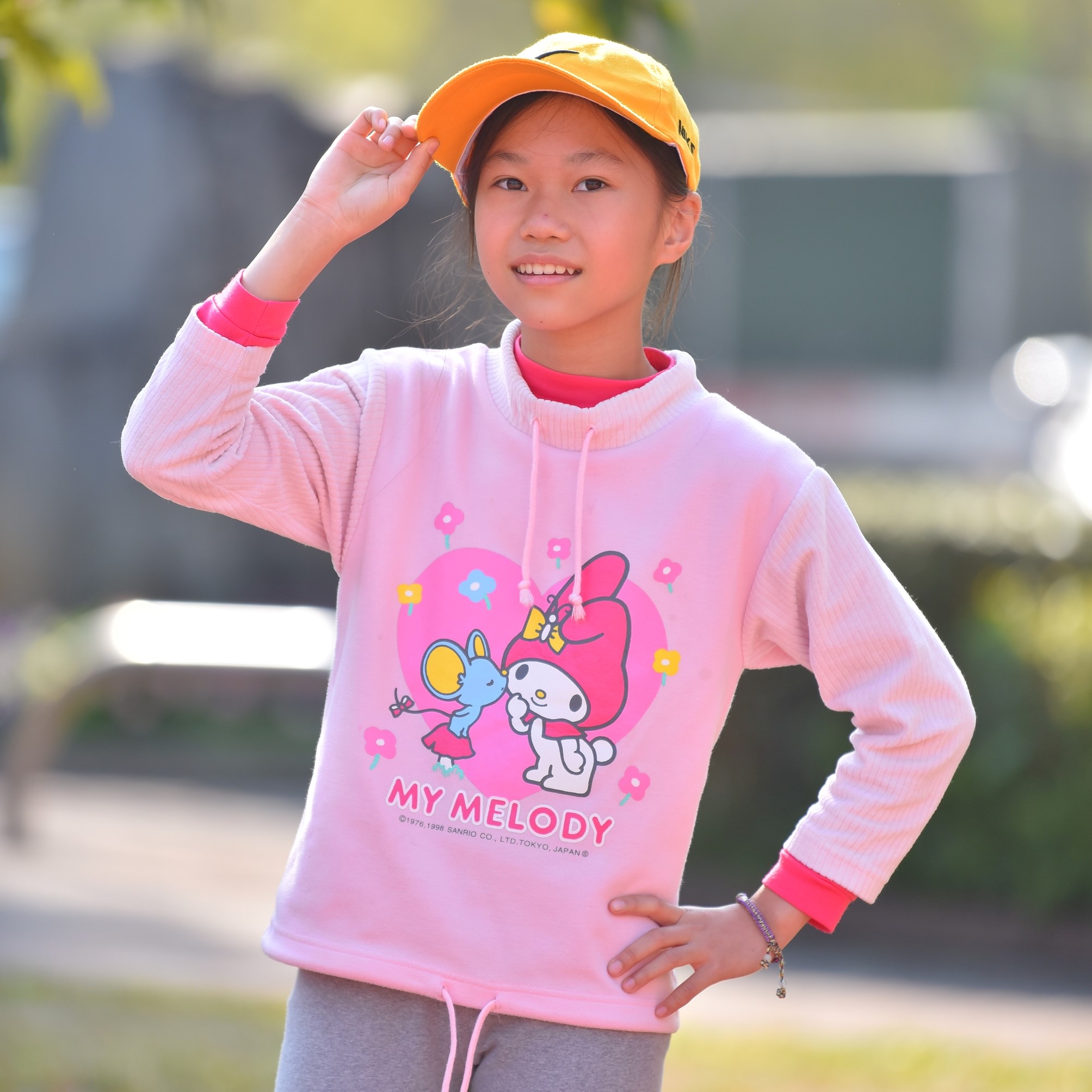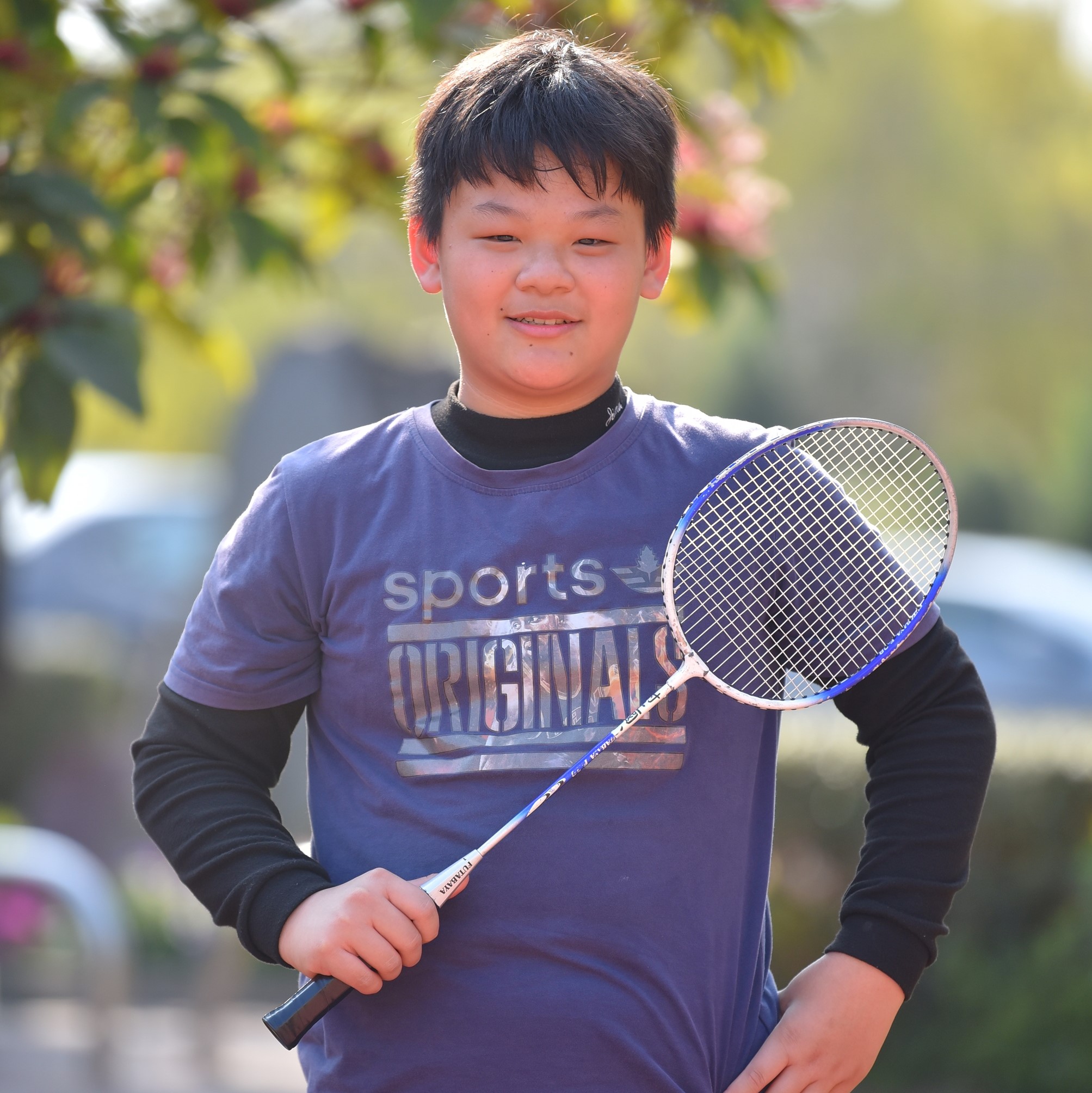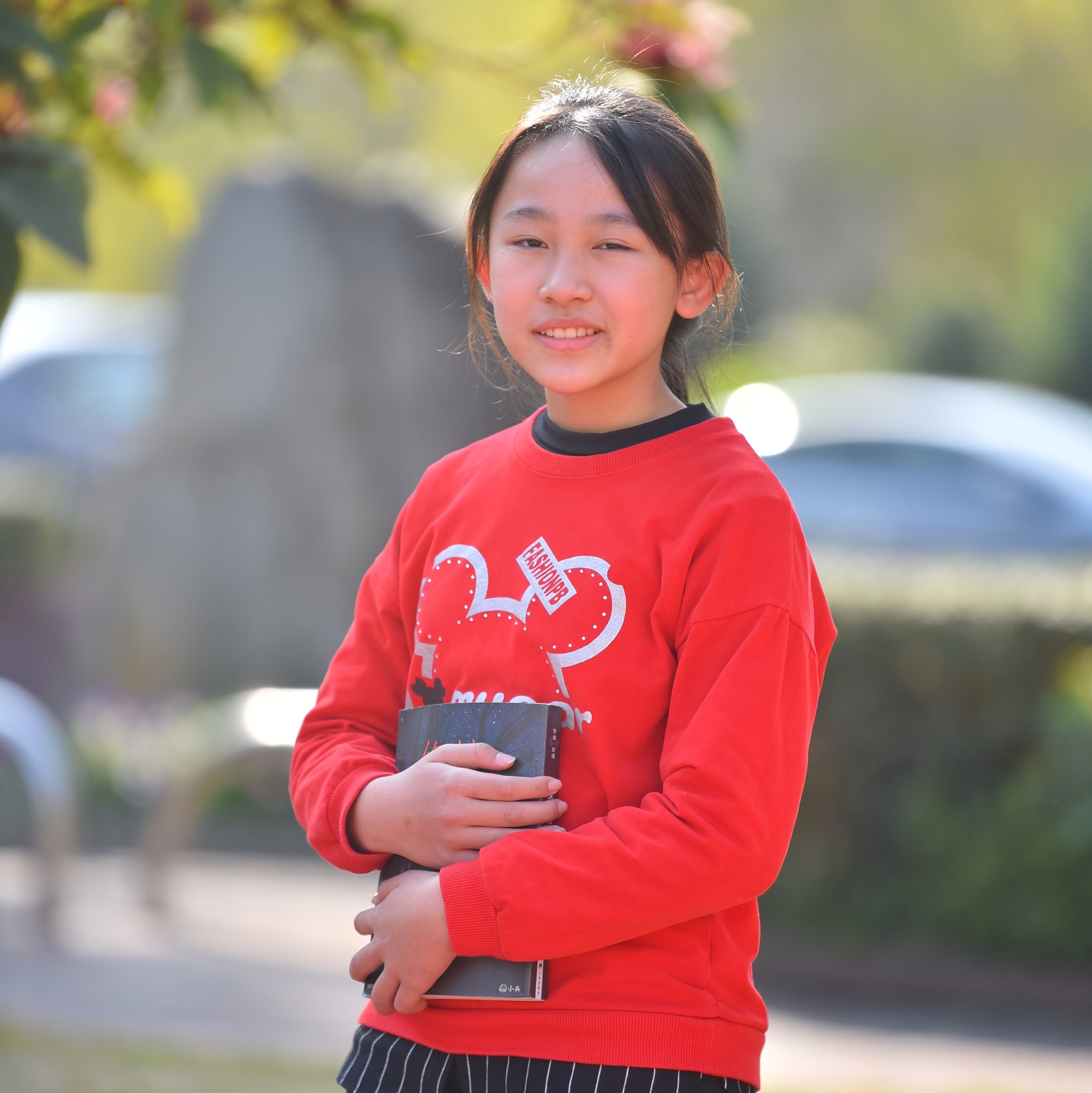1. To understand and get to know mushroom cultivation experts and the characteristics of their businesses.
2. To get to know mushroom cultivation process personally, and through field trip, researchers can reinforce their learning experiences.
3. Through field trips and interviews, the researchers become aware of the problems the industries are facing and deliberate on them, searching for solutions.
Research Method and Procedure :
1. Collect information online.
2. Establish contact with the domain experts that are giving interviews.
3. Plan interview traffic routes and field trip process sequence.
4. Make interview and field trip process sequence schedules and take down significant notices.
5. Interview the experts personally, visit their businesses and take photos, videos and record.
6. Sort data, write comments and build a website
- 1. There is one computer classroom in our school. The number of the computers used to complete the research is 30.
- 2. Every homeroom teacher is assigned a desktop computer Every classroom is installed a mono projector.
- 3. Smart classrooms, where 75-inch large touchscreens can be seen, were arranged in 2020 for the convenience of teaching.
- 4. There are optical wireless network launchers in every classroom. One can use wifi internet everywhere on campus.

The field trip acquainted me with everything about mushrooms. I learnt to be a little mushroom farmer in Mushroom Tribe. My horizon was also widened when seeing a variety of mushroom products, such as pickled mushrooms, mushroom noodles, mushroom cookies, etc. Beside processed foods, they are also made into skincare products, some of which are tremella facial masks, toner and lotion. It was miraculous!
I also saw other way of farm operation when going to visit Ren He Farm. I gained a more insightful knowledge of how king oyster mushroom bags are made, knowing the contents, packaging process and precautions –including the control of oxygen content, humidity and temperature -of it.
In addition to king oyster mushrooms, we visited Almond Mushroom Farm, as well. Different from king oyster mushrooms, which grow in mushroom bags, almond mushrooms thrive in straw. Seeing white-hat like almond mushrooms emerging from the soil, I felt my heart melted.
Through the field trip, I learnt more about mushrooms, and I love eating mushrooms more! I also obtained interviewing skills. I benefitted a great deal.

After many field trips and personal mushrooms growing experiences, I felt novel because those were things I had never experienced before, especially growing golden oyster mushrooms. It was very interesting because I had to remember to water them, pay attention to mushrooms’ condition and record their growing process. I worked hard on it but it all paid off because I got to know how golden oyster mushrooms grow and it was the first time I tasted it. The process was toilsome but it was worth it.

fter several interviews and personal experiences in growing mushrooms, I found that growing mushrooms is a hard task. From mushroom bags without spawn and compost to waiting for mushrooms to grow after spawn running, it takes 7 to 45 days on the basis of mushrooms’ kinds. To grow mushrooms of good quality, temperature and humidity modulating is of great importance. The equipment cost a great deal. The contents of shiitake bags and the composts that grow almond mushrooms have to be organic to be both healthy and environmental-friendly. After mushrooms are harvested, shiitake bags and composts can be reused to reduce harm to the world. It is a win-win situation.

Through the field trips, I acquired knowledge of many things. From making interview questions to arranging interview scripts and writing reports; from making shiitake bags to harvesting shiitake, it all takes a lot of efforts and time, showing me the essence of “one reaps no more than what he has shown”. Besides, I was a shy person, but after many discussions, I learnt to express myself and give suggestions; moreover, I became skilled at team cooperation and respecting teammates’ opinions and different ideas. By the project, not only friendship between me and my teammates were reinforced, but also knowledge of king oyster mushrooms and almond mushrooms’ growing process were gained. I got to taste these delicious mushrooms. I benefitted a great deal. My appreciation goes to my teachers and teammates.

After the activities, I admire mushroom farmers more because it takes years for them to develop and cultivate these delicious mushrooms for customers to taste. Whenever my mother makes mushroom dishes, I feel blissed, for they are not only my mother’s made-with-love cuisines and my favorite food, but they are also the hard work of many diligent farmers, whose goal is to give us the best mushrooms. During the field trips and discussions, I learnt more about mushrooms and I love them more, so I am very pleased to be a part of the team.

After a personal field trip to Mushroom Tribe and mushroom cultivating farms, I experienced shiitake growing bag DIY. Being able to see my mushroom grow bigger and bigger day by day, harvest them and taste them with my family, I experienced the fun of growing and harvesting mushrooms and I was also basked in achievements!
Several times of visit and exploration helped me get a better knowledge of mushrooms growing environment the growing process. These were things I did not know because I did not have a chance to visit places as such. The trip really broadened my horizon and I realized that it is a hard task to grow mushroom so I will cherish foods and will not let them go to waste or be a picky eater. Through the process of discussing with teammates, I learnt the nicety of team cooperation, respect and tolerance. I am very happy to have this chance to participate in the project.



